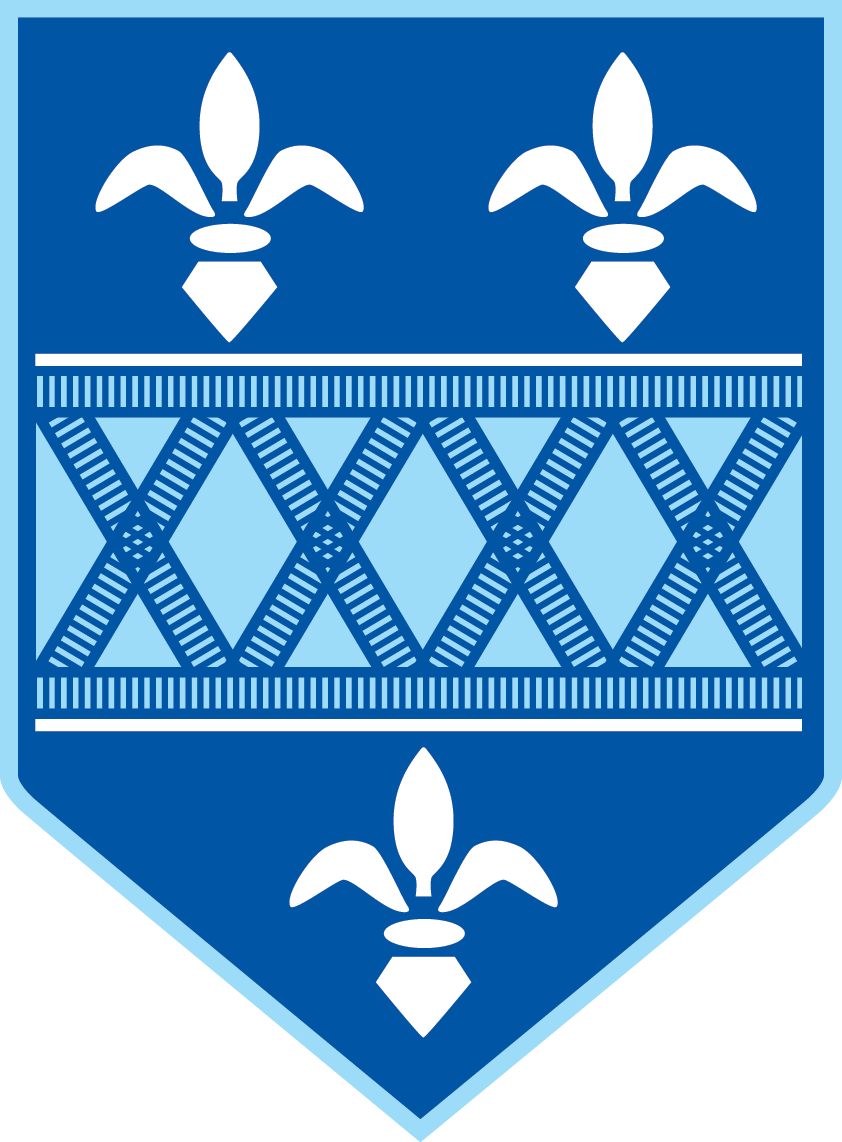Drama
Curriculum Vision
Education prepares young people for a changing world through developing knowledge and skills required to thrive, adapt and contribute positively to society. Our drama curriculum gives young people a rich and varied experience of theatre and performance, nurturing creative expression and providing meaningful engagement with diverse cultures and societal issues to develop empathy, understanding and global citizenship.
Our ambitious and varied curriculum places emphasis on developing creative collaboration and performance skills as well as instilling knowledge of theatre genres and practitioners. Young people become more culturally aware through contact with stories and scripts from diverse cultures and theatre traditions.
Our aim is to cultivate not only talented performers but also empathetic citizens of the world. By providing a drama education that encourages creativity, critical thinking, and cultural awareness, we aim to empower students to make a positive contribution to an increasingly interconnected global society.
A video introduction to our Drama & Theatre course in LPGS6 (our co-educational Sixth Form)

